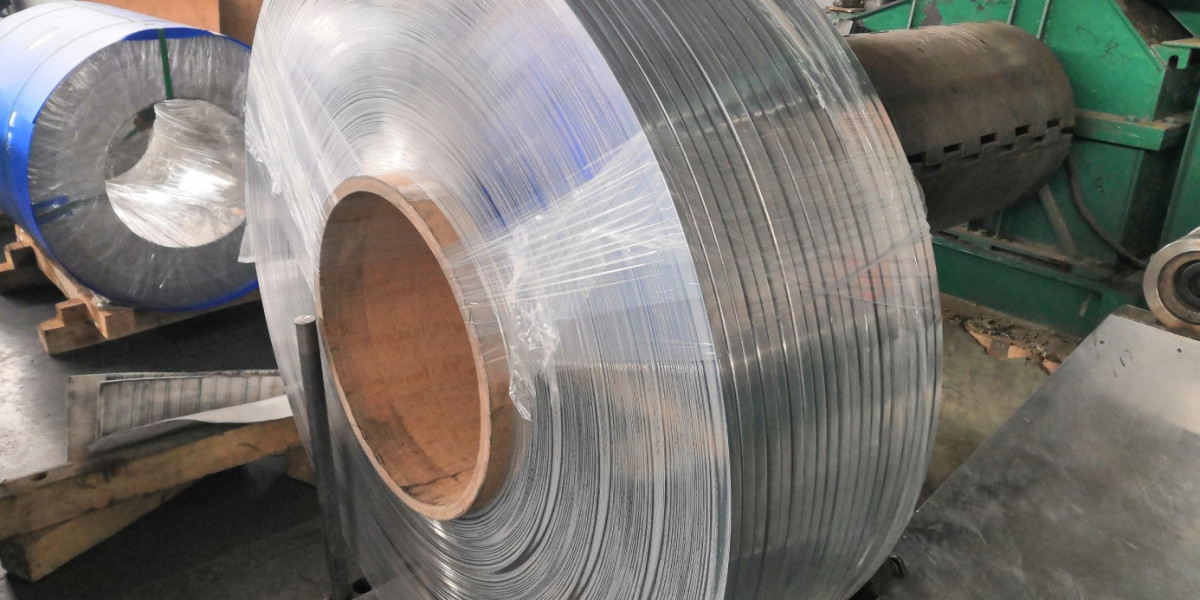Thin aluminium strips covers an extensive range of alloys, including 1060, 1070, 1100, 3003, 5052 etc. They are widely used various fields of industrial equipment. Detailed introduction is as below.
Thin aluminium strips are a deep-processing aluminium product by process of aluminum coil slitting, and is an important raw material in industry. According to different alloy elements contained in aluminum strip, aluminum strips and aluminum plates are also divided into 8 series. However, the currently used series are 1000, 3000, 5000 and 8000 series. Their application covers decoration, packaging, construction, transportation, electronics, aviation, aerospace, weapons and so on. Aerospace aluminum is used to make aircraft skins, fuselage frames, beams, rotors, propellers, fuel tanks, wall plates and landing gear struts, as well as rocket forging rings and spacecraft wall plates. The most popular use, however, is for transformer winding, and aluminium strip for transformers has become an independent category in the industry.
Depending on the annealing state, thin aluminium strips can be further divided into fully soft (o-state) state, semi-hard (H24) state and fully hard (h18) state. The commonly used ones should belong to the all-soft series, because the O state strips are easier to stretch and bend. For example, transformer thin aluminium strips must be of O state so that it’s possible to wind them around and around to form a winding unit. The main processing equipment of the aluminum strip is a slitting unit, which can be set in required length and width according to the needs of each processing procedure.
Search
Popular Posts








